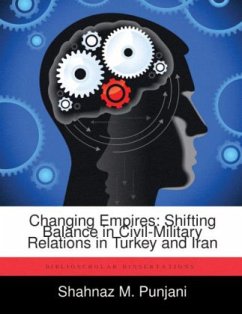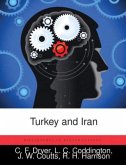The civil-military balances in Turkey and Iran are undergoing fundamental shifts. In Western democracies, civil-military relations are based on an ideal that the military should be subordinate to civilian authorities. While this may be the "norm" in the West, this is not so in Turkey and Iran. Given their directive to support and defend the ideals of their nation's founding leaders (Ataturk in the former case, Khomeini in the latter), the armed forces have sometimes acted independently of their civilian authorities. On occasion, this has led to direct conflict between the civilian and military leadership. In the past few years, however, Turkey's secular military has lost influence to the country's Islamist civilian leadership, while Iran's Islamic Revolutionary Guard Corps (IRGC) has gained against a civilian leadership that it believed was insufficiently committed to the values of the 1979 Islamic revolution. In recent months, this rebalancing of civil-military relations has altered the dynamics in a range of Middle Eastern countries. Under an Islamist government, Turkey has arguably moved away from Israel and towards Iran and Syria. In Iran, the IRGC's heavy hand in rigging the June 12, 2009 election resulted in massive popular protests against the government that continue despite the military's threats. As the two largest regional powers in the Middle East, these changes could have dramatic consequences for regional stability. In February 2010, the arrests of Turkish military officers and the IRGC's crackdown on protestors on the anniversary Iran's revolution provide additional anecdotal evidence that the civil-military balance in both countries is changing. What is needed is a concerted effort to look at the anecdotal evidence using civil-military relations models.








